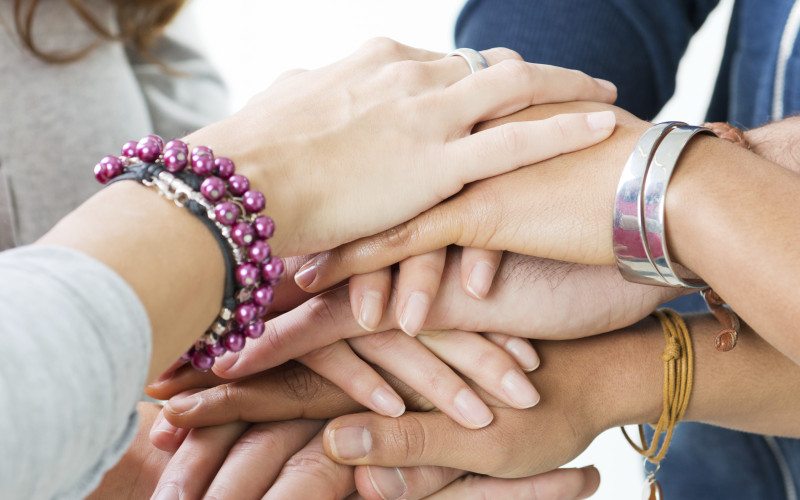The Seven Deadly Sins have been around since early Christianity, and are supposed to guard us against behaviors that lead to destructive habits and, well, sinning.
The Seven Deadly Sins are wrath, sloth, pride, lust, envy, gluttony, and greed. We all know that wrath, rage and other negative emotions can bring out the worst in human nature. Dante so eloquently described envy as “a desire to deprive other men of theirs.”
That’s not such a good habit to have.
Pride, which considered the most serious of the seven sins, is that dangerous desire to be more important than everyone else around you to the point that you disregard their accomplishments and harbor excessive love for one person and one person alone: yourself.
Sure, it makes sense to stay away from these seven behaviors. But, what if these deadly sins could be reworked in a less sinful way? What if they could be reworked in a way that they can be used to positively change the world?
Greed is a sin of excess. It’s the desire to have more than you need. When you hear the word “greed,” you probably immediately think of money and other material things. A greedy person wants as much of something as possible and will be blinded by the pursuit of getting it! This is dangerous – maybe even deadly – when we’re talking about money, fame or power. But, take a step back and think of greed as it applies to something more positive. What would it look like to be greedy about doing good?

Kamen: “Positive energy somehow always makes its way into the world and fuels even more good deeds. So be greedy about goodwill, because it’s one act of abundance that benefits the entire world.” (Photo: Ingram Publishing, iStockphoto/ Thinkstock)
Well, a person with a greed for doing good would feel the urge to fill his or life with as much goodwill as possible. In fact, the person would probably not stop until he or she was completely surrounded by good all the time. Consequently, since goodwill is something that intrinsically involves our interactions with other people, the person’s abundance of good would trickle down to the people in his or her own life and eventually the well-being of society.
Let’s say you’re excessive about volunteering. You spend at least eight hours a day, seven days a week performing community service, and want to log as many volunteer hours as possible.This sounds crazy to do. But, guess who benefits from this? You do.
Interestingly, you are the one to benefit from this as long as your intention is actually to benefit those you are aiming to help during your service hours. Realize that an act of good never just benefits the person doing the good deed; rather, it benefits everyone involved. Understand the worst part of greed is that the one thing that the person is craving goes to waste because it is so overly abundant in his or her life. However, goodwill is never wasted, even if the benefactors aren’t immediately obvious. Positive energy somehow always makes its way into the world and fuels even more good deeds. So be greedy about goodwill, because it’s one act of abundance that benefits the entire world. When the currency is goodwill, there’s no harm in overabundance.
Think of how the world would change if people applied their sinful behaviors to positive concepts such as goodwill, compassion and happiness. Even a deadly sin can cause positive life growth if you channel it in a productive, world-friendly way. Remember, happiness is an inside job!!!
HAPPINESS STRATEGY:
Think about the seven deadly sins, identifying the one that you engage in most often. Now, think of a way that you can channel the negative characteristics of that trait into positive behavior. For instance, if you’re wrathful, you may have a lot of negative energy, but at least you can identify what you’re feeling.
The next time you begin to feel that deadly sin surface, try focusing on that positive aspect instead. In the case of wrath, see how you can use your emotional awareness to diffuse situations that would typically make you angry or upset. Through this exercise, you should begin to view these negative traits as complex ideas that can be reworked into positive characteristics.








